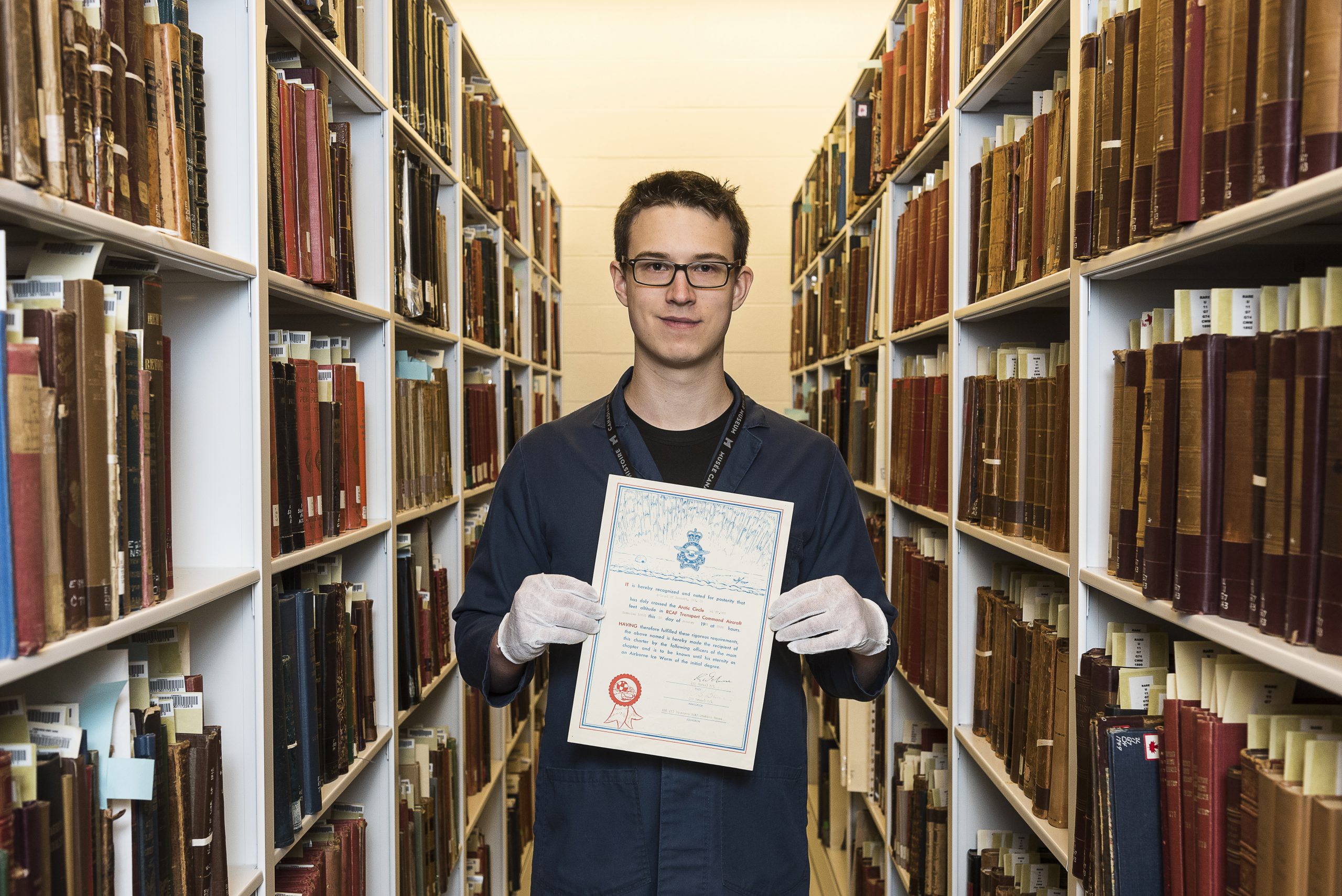Concentration in Public History
Concentration in Public History for BA Honours Students
The History Department is pleased to announce a new option for our undergraduate BA Honours students: the Concentration in Public History.
A City of Ottawa power box covered with a History Kiosk profile of the Lord Elgin Hotel. The box was created by students in an M.A. seminar on museums, national identity, and public memory.
What is Public History?
Public History is a relatively new field that explores how the past is connected to the present and how it is represented and experienced in sites such as museums, archives, films, theatre performances, walking tours, monuments and memorials, historical novels, graphic novels, video games, family photograph albums, and digital platforms. Public history also examines how the past intersects with the present in our own lives through the stories and legacies that we inherit from those who came before us and pass on to those who will come after us. Public historians do not simply study historical representations, but actively create history, usually in collaboration with others. To study public history is to come to terms with the contested nature of history, to consider how history and historical knowledge might be made useful for others, and to situate historical narratives within broader contexts such as public memory, identity, and politics.
Why Study Public History?
Our new undergraduate Concentration in Public History allows students to take the skills they develop as historians and apply them to a wide variety of careers, including as historical consultants, museum professionals, archivists, policy advisors, communication specialists, educators, and researchers. As part of the Concentration, students build skills in oral history, digital history, storytelling, historical research, and community engagement. Through classroom-based learning and practical workplace experience, students in the Concentration will learn the scholarly and professional concepts used in the discipline and how to produce public history in both academic and non-academic settings.
The Public History Concentration will provide undergraduate students with new learning and training opportunities, allowing them to pursue a humanities degree while also learning about how academic training and knowledge can be applied to real world problem solving. While our History program has expanded experiential learning opportunities for students, the Concentration in Public History will take this further, emphasizing practical skills like communicating with non-academic audiences, digital and visual storytelling, project and events management, community engagement, as well as information and data management.
The Concentration will also prepare students to pursue post-graduate studies in public history, heritage, archival studies, and museum studies at a wide range of universities and colleges, including Carleton’s MA in Public History Program.

Luka Dursun completing a practicum at the archives of the War Museum in winter 2016.
Why Choose Public History at Carleton?

In addition to its commitment to community engagement, shared interpretive authority, and collaboration with a wide range of partners, public history as it has been taught and researched in Carleton’s History Department has acquired both a national and international reputation for excellence and innovation. Our faculty and students publish and engage with academic communities globally, and they also consult with publishers, museums, and government heritage agencies. This has resulted in books, articles, mobile apps, digital and museum exhibits, documentary films, monuments and memorials, public art installations, walking tours, podcasts, and education materials for museums and living history sites. The international dimension is one of the unique qualities of public history at Carleton as compared to other Canadian universities, and this is best reflected by the leadership roles Carleton faculty have filled in both the National Council of Public History in the United States, and the International Federation of Public History. This academic and professional foundation makes Carleton the single best place in Canada to teach and learn public history.
What Courses are Available for Public History Students?
The concentration builds upon and complements the department’s existing faculty research and teaching expertise that supports the internationally recognized MA in Public History Program and the Carleton Centre for Public History (CCPH). Our faculty have already introduced several undergraduate courses in Public History available to students in the Concentration including HIST 2811 (Public History: From Memory to Museums), HIST 3001 (History at the Movies), HIST 3807 (Practicum), HIST 3809 (Historical Representations), HIST 3812 (Digital History), HIST 3814 (Crafting Digital History), and HIST 4916 (Special Topics in Public History). Special topics courses may include such topics as archives, material culture, oral history, heritage tourism, performance, and photography.
As a profession and as a field of study, public history is also inter- and multi-disciplinary. Carleton’s unique strengths in heritage and memory studies, not just in the History Department, but among many other academic units like Indigenous and Canadian Studies and the School for Studies in Art and Culture, will expand the range of learning opportunities for Public History undergraduates. In addition to Public History courses, students will therefore be able to experience the interdisciplinary nature of the field firsthand by complementing their degree with approved courses from our sister departments.
To see the full list of requirements for the Concentration in Public History, please visit the undergraduate calendar.
Want to Learn More?
To learn more about the undergraduate Concentration in Public History and the unique opportunities it provides students, please reach out to our Public History Coordinator, Prof. James Opp.